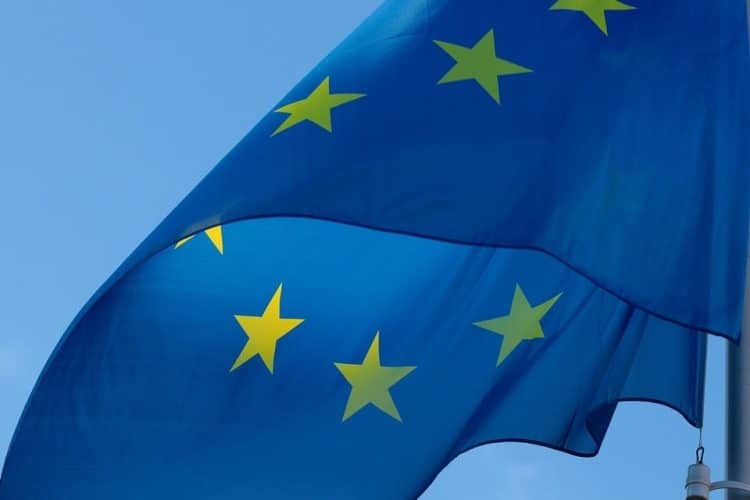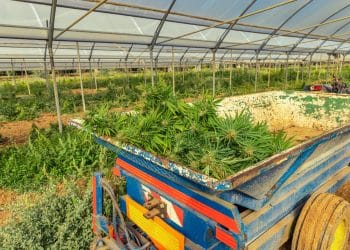In January 2019, cannabidiol (CBD) was categorized as a Novel Food in the European Union (EU) by the European Commission, which means it would have to go through extra regulatory steps to ensure its safety. A bump in the road, certainly, but not big enough to render the road a dead end.
However, in July 2020, the European Commission stopped accepting applications from CBD product manufacturers for product acceptance into the Novel Food catalogue. The reason? Policies dating back to the 1961 Single Convention on Narcotic Drugs, a less informed and progressive period of history.
The latest announcement states that under the United Nations (UN) Single Convention of Narcotics, CBD and other hemp-derived extracts should be classified as narcotics, along with heroin. Under the same convention, Mr. Giordano, the U.S. representative, pointed out that “although cannabis might be merely habit-forming instead of addiction-producing, it was very often only a stepping stone to heroin addiction.” Mr. Holz from Venezuela saw cannabis as a “grave social danger,” and believed it “had no demonstrable therapeutic effects which could not obtained from less dangerous drugs.”
This isn’t a definitive decision; however, if it becomes one, the implications for the budding EU CBD market would be as sweeping as they would be devastating. The same goes for cannabinoid research and innovations.
Stifling CBD would deprive the EU of a lucrative market with lots of untapped potential. According to the CBD Consumer Report Vol. III: Market Size and Demands by New Frontier Data, the money spent on CBD in 2020 amasses to €8.3 billion (1€ = US$1.18), a mid-range estimate. And that’s just the beginning. At a projected compound annual growth rate (CAGR) of 10.4%, the spending would reach €13.6 billion by 2025.
The Commission is still considering roughly half of the 50 applications that came in before this halt. Their outcome will come down to the source of CBD — not simply hemp, but the part of the hemp. CBD extracted from fibers and seeds receives the green light as opposed to CBD that came from flowering tops. This would mean that the difference between food and narcotics, as far as CBD is concerned, comes down to the specific part of the hemp plant.
The UK
If this regulation was to come in effect, the post-Brexit UK could potentially serve as a CBD haven. The UK is one of the largest CBD markets in the EU, projected to continue its explosive growth.
A Grey Market
Another potential outcome of this pending decision is the grey market stepping up to the plate, as it already has with the demand for cannabis amidst the global pandemic. According to a report by the European Monitoring Centre for Drugs and Drug Addiction (EMCDDA), illegal cannabis sales spiked during COVID-19 lockdowns (as could be expected). Perhaps the same will happen upon a CBD lockdown.
This would be ironic, to say the least, as the point of legal CBD market regulation is to ensure product quality, safety, transparency, and reliability, which the grey market could never do.
Image Credit: pixel2013 / Pixabay












